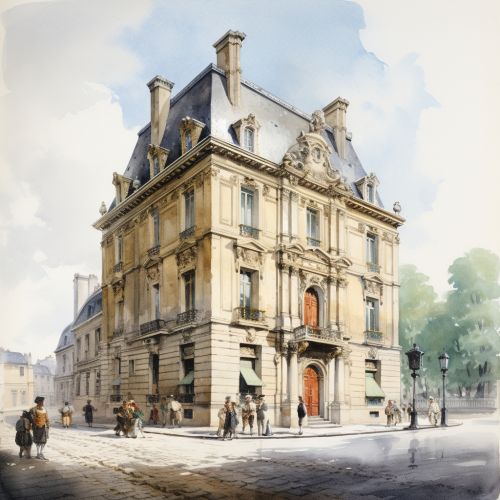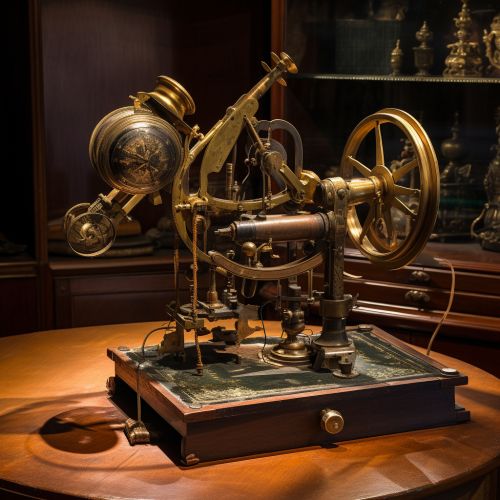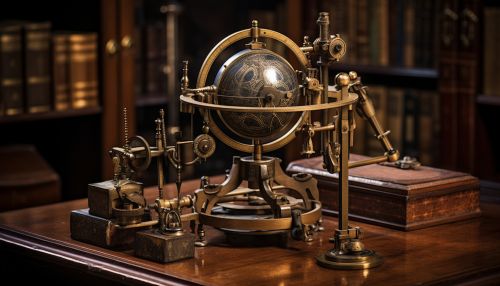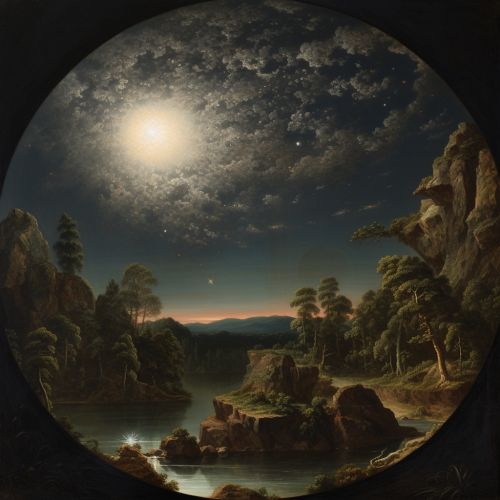Jean-Baptiste Biot
Early Life and Education
Jean-Baptiste Biot was born in Paris, France, on April 21, 1774. His father, Joseph, was a treasury official and his mother, Jeanne, was a homemaker. Biot's early education was provided by his parents and tutors. He showed an early interest in mathematics and natural philosophy, which would later form the foundation of his scientific career.
In 1794, Biot enrolled at the École Polytechnique in Paris, where he studied under eminent mathematicians such as Joseph-Louis Lagrange and Pierre-Simon Laplace. His studies were interrupted by the political upheaval of the French Revolution, but he returned to complete his degree in 1797.


Career and Contributions
After graduation, Biot began his career as an engineer in the French army. However, his passion for scientific research led him to leave the military and join the French Academy of Sciences in 1803. His early work focused on astronomy and physics, particularly the study of polarization and optics.
In 1804, Biot conducted an important experiment with François Arago to measure the Earth's magnetic field. This experiment, known as the Biot-Savart Law, is a fundamental principle in electromagnetism and is still used in physics today.
Biot also made significant contributions to meteorology and geophysics. In 1803, he was one of the first scientists to study meteorites and confirm their extraterrestrial origin. His work on the Biot-Savart law and the Biot number (a dimensionless quantity used in heat transfer calculations) are also notable.


Later Life and Legacy
Biot continued his scientific research until his death on February 3, 1862. His contributions to science were widely recognized during his lifetime. He was awarded the Copley Medal by the Royal Society in 1840 for his work on polarization. He was also made a member of the Legion of Honour, one of France's highest honors.
Biot's legacy continues to influence modern science. The Biot-Savart Law and the Biot number are fundamental concepts in physics and engineering. His work on meteorites helped establish the field of cosmochemistry. His name is also commemorated in the Biot crater on the Moon and the asteroid 1781 Biot.


